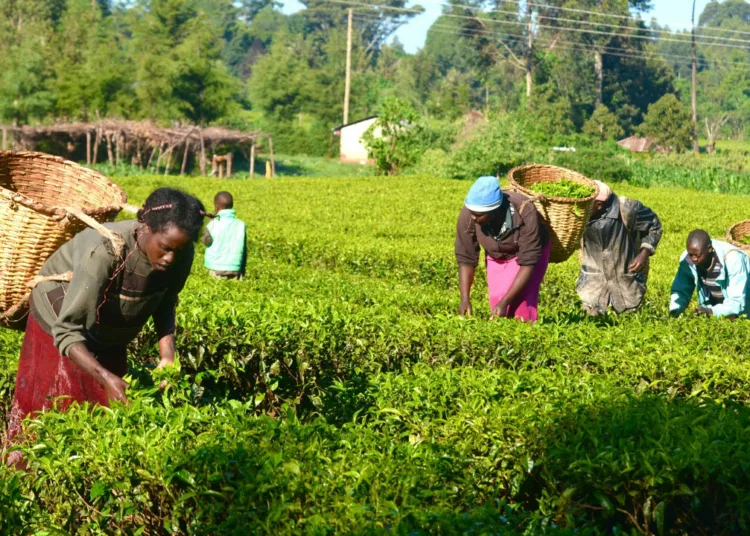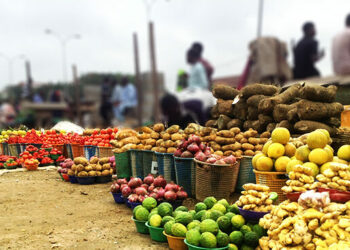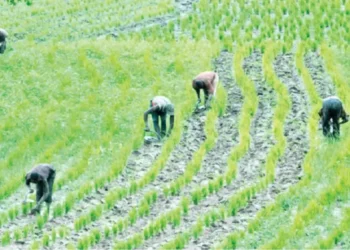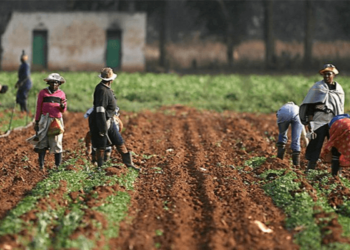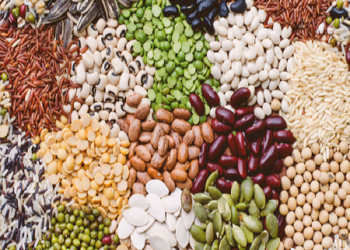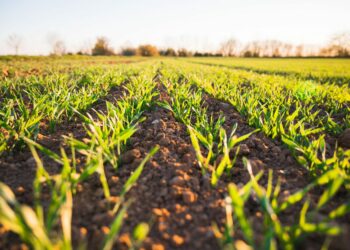Amidst growing concerns over food security and inflation, Nigeria’s agricultural sector has been dealt a significant blow with foreign investment plummeting to a mere 0.50 per cent of total foreign capital imports in 2023.
Data reveals a stark reality: only $19.91 million flowed into the agricultural sector last year, marking a dramatic decline from the $95.80 million recorded in the previous year—a staggering 79.2 per cent drop within a twelve-month span. This alarming figure underscores the severity of the situation, particularly as the fishing sub-sector saw a complete absence of foreign investment, a stark contrast to the $9 million recorded in 2022.
This downturn in foreign inflows reflects the sector’s contraction for the first time in seven years during Q1 of 2023, shedding light on the profound challenges facing Nigeria’s agricultural economy.
Persistent obstacles, including widespread insecurity, structural deficiencies, and disruptions in the supply chain, continue to hamper the sector’s growth. Despite agriculture’s critical role in Nigeria’s economic landscape, these challenges have deterred foreign investors from engaging with the sector.
The consequences of this decline are dire, with food insecurity looming large. The country recorded a troubling 35.41 per cent food inflation rate in January, sparking protests nationwide as citizens voice their frustrations over hunger and economic hardship.
International institutions have issued stark warnings, with the World Bank forecasting severe food crises in seven states across northern Nigeria. Additionally, the Food and Agriculture Organization (FAO) estimates that approximately 26 million Nigerians are at risk of hunger in 2024.
In response, urgent action is imperative. Efforts to revitalize the agricultural sector, attract investment, and ensure food security must be prioritized by the government.
A comprehensive approach is indispensable in addressing the underlying issues and mitigating the looming threat of hunger and economic instability.

